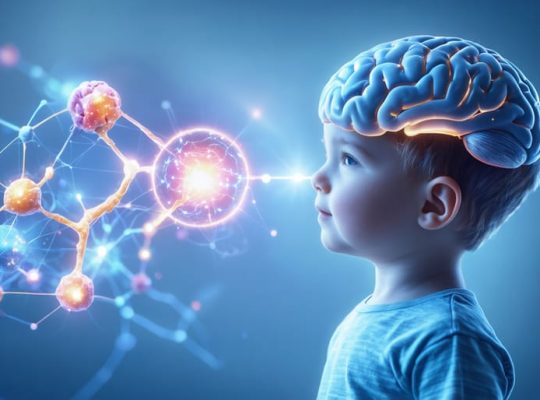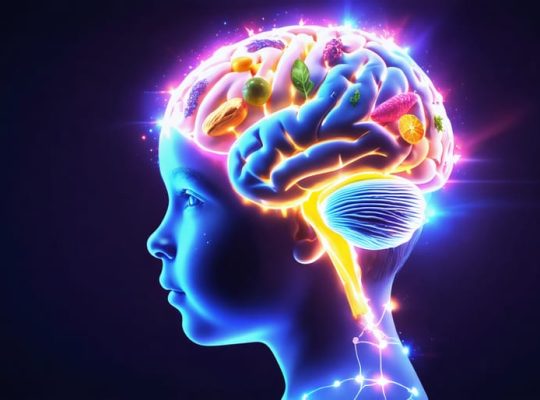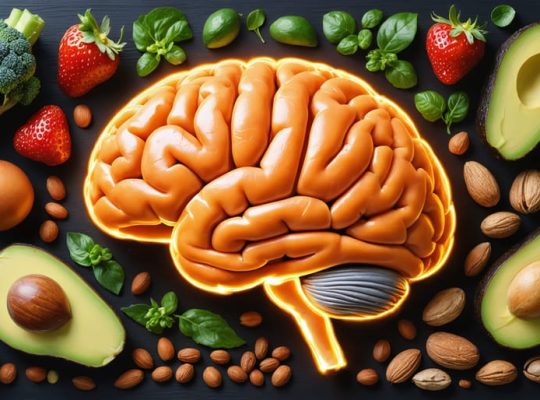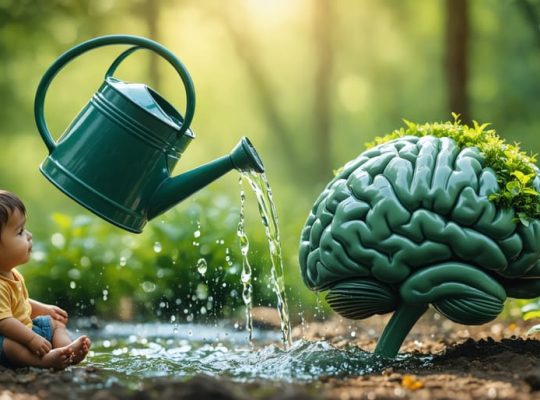How Your Child’s Gut Health Influences Their Mental Well-being
The intricate connection between your child’s gut and brain isn’t just fascinating science—it’s a vital key to their mental well-being. Growing research reveals that the trillions of microscopic organisms living in our digestive systems act like tiny conductors, orchestrating everything from mood and behavior to cognitive development. For parents wondering why their child’s stomach troubles often coincide with anxiety or behavioral changes, the answer lies in what scientists call the “gut-brain axis”—a remarkable two-way communication highway that connects these seemingly separate systems.
…










